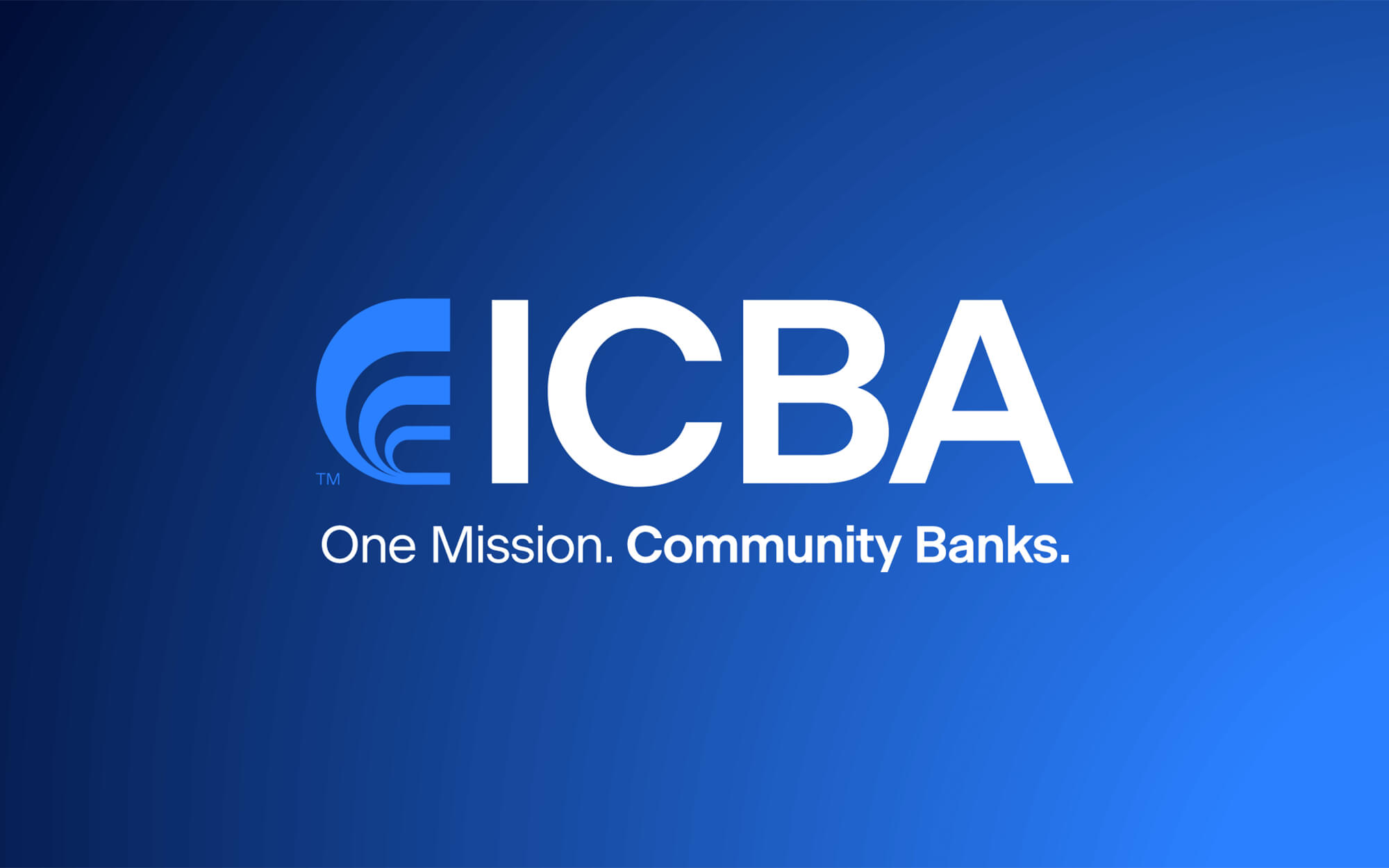The Financial Action Task Force said stronger action is needed to safeguard the integrity of the international financial system from the risks posed by virtual assets.
Details: In an update on the global implementation of anti-money laundering and counter-terrorist financing measures, FATF said:
The use of stablecoins by various illicit actors—including North Korean actors, terrorist financiers, and drug traffickers—has continued to increase, with most on-chain illicit activity now involving stablecoins.
Mass adoption of stablecoins or virtual assets could amplify illicit finance risks, particularly with uneven implementation of the FATF Standards for virtual asset service providers.
North Korea this year carried out the largest single virtual asset theft in history, stealing $1.46 billion from ByBit.
There is a significant uptick in the use of virtual assets in fraud and scams, with one industry participant estimating that there was approximately $51 billion in illicit on-chain activity relating to fraud and scams in 2024.
ICBA Advocacy: ICBA this month said it strongly supports a Financial Crimes Enforcement Network proposed rule to designate the Huione Group as a primary money laundering concern, but it said more needs to be done to curtail the rapid growth of crypto scams.
Scale: According to FinCEN, Huione has laundered billions of illicit proceeds from crypto investments scams and North Korean cyberattacks. The FBI reported that cryptocurrency fraud surged 66% last year, reaching almost $10 billion in losses.
Community Bank Implications: In a statement for a congressional hearing on crypto-based romance confidence scams last fall, ICBA said the persistent growth of such scams emphasizes the urgent need for policymakers to prioritize national security, counter illicit finance uses of cryptocurrency, and improve information sharing with community banks. ICBA blog posts spotlight the growth of these scams and the need for a policy response.






